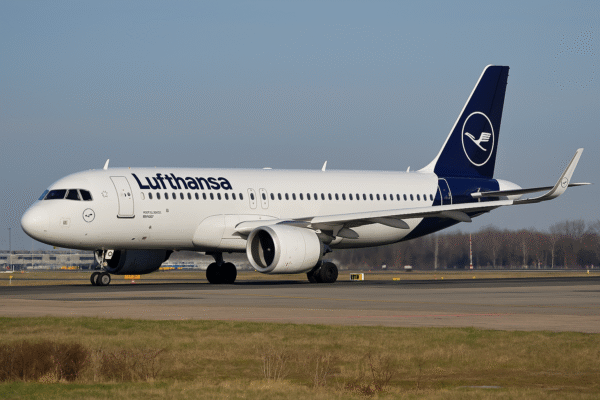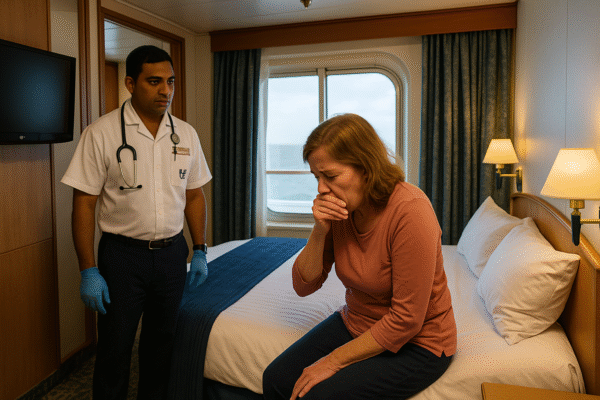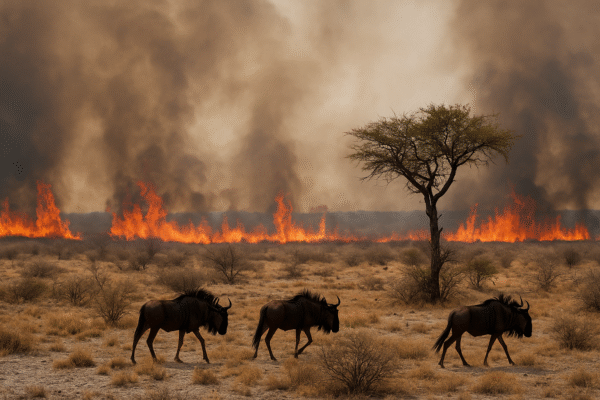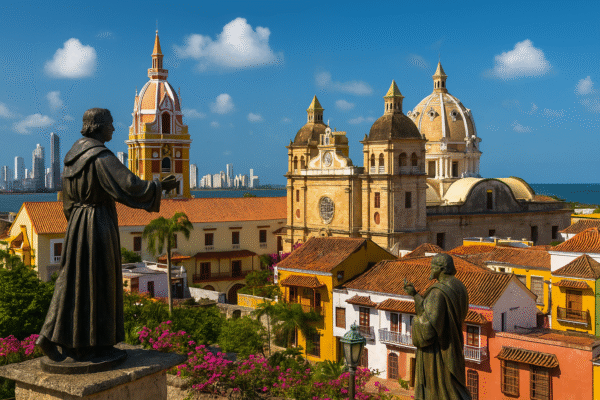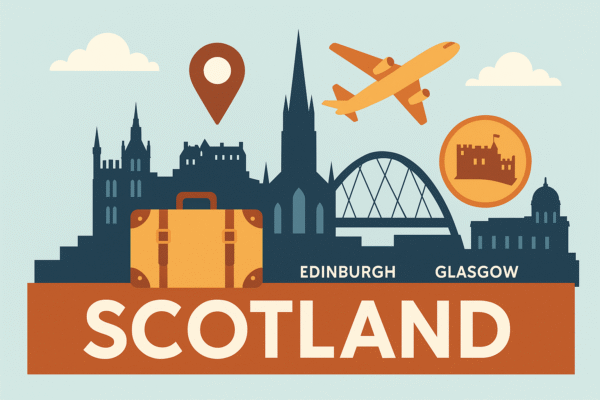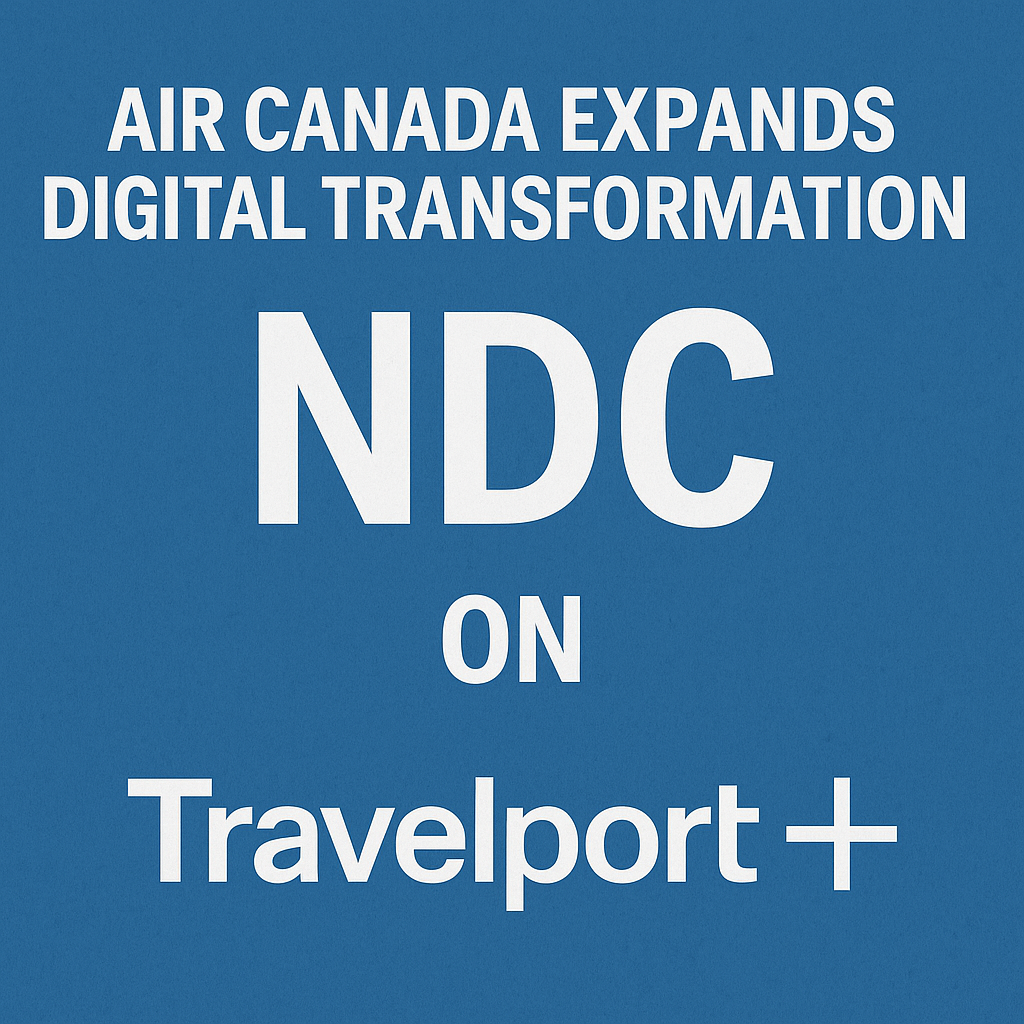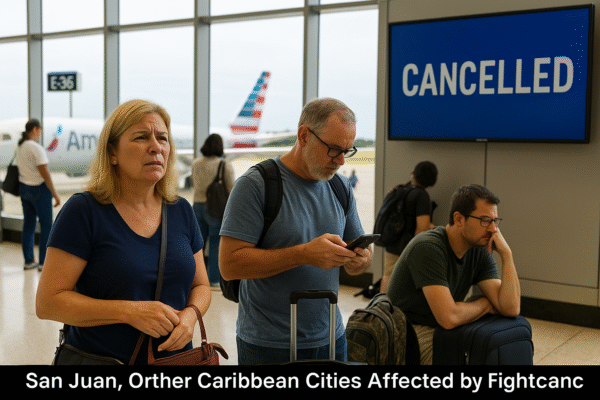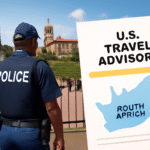WASHINGTON, D.C. — What was forecasted to be a robust summer for U.S. tourism has taken a dramatic turn, as international visitor numbers plummet, bookings fall short of expectations, and projected travel spending losses top $12.5 billion. According to tourism analysts, policy decisions, global sentiment, and economic instability are driving this downturn—marking 2025 as a critical year for the American tourism industry.
Instead of rebounding to pre-pandemic strength, the U.S. is projected to see a 9.4% decline in international arrivals, a sharp reversal from the 9% growth originally expected, says Tourism Economics, a global travel data firm.
Political Tensions Undermine the U.S. Tourism Brand
At the center of the slowdown is what many experts describe as a growing perception problem. Analysts point to the Trump administration’s “America First” policies, polarizing rhetoric, trade tariffs, and heightened border scrutiny as factors that have tarnished the global image of the U.S. as a welcoming destination.
“Unpopular policy decisions, whether related to Ukraine, tariffs, or immigration, are deterring foreign travelers,” said Adam Sacks, president of Tourism Economics. “The country’s brand has taken a hit.”
For many potential tourists, the tipping point has come from incidents at U.S. borders, such as the detention of a French scientist whose phone was searched and who was subsequently denied entry. The backlash has included solidarity-driven trip cancellations, such as that of Monique Dubas, an engineer from Paris who opted for a Mexican vacation instead of visiting New York.
Canadian Travel to the U.S. Falls Sharply
One of the most significant losses comes from Canada, the U.S.’s largest international travel market. According to Statistics Canada, Canadian arrivals dropped for the third straight month in April:
- 35.2% drop in Canadian road travelers
- 19.9% drop in Canadian air travelers
Analysts cite ongoing boycotts in response to trade disputes, comments about territorial annexation, and growing anti-American sentiment as the reasons behind this sustained decline.
Travel Industry Adjusts Forecasts
Leading travel and hospitality companies are feeling the impact of the downturn:
- Expedia downgraded its Q2 revenue expectations
- Marriott, Hilton, and Hyatt lowered growth projections
- Airbnb anticipates slower bookings in the second quarter
“We are seeing softening demand, especially along key inbound corridors,” said Expedia CEO Ariane Gorin, adding that declining consumer sentiment is pressuring the travel market.
The U.S. Department of Commerce confirmed a modest 0.4% increase in arrivals from the top 20 tourism-generating countries in April—excluding Canada—but arrivals from France remained 12.2% lower than expected.
Domestic Travel Provides Some Relief
Despite international woes, domestic travel is seeing modest growth, offering a partial cushion for the U.S. travel sector:
- Domestic air travel is up 4% year-over-year
- 70% of American travelers are choosing to vacation within the country, according to Bank of America’s Summer Travel and Entertainment Outlook
- Domestic ticket prices are down 7%, making travel more affordable for U.S. residents
“Domestic demand is propping up local tourism economies,” said Jessica Walker, CEO of the Manhattan Chamber of Commerce. “But we remain concerned about the expected shortfall in high-spending international visitors.”
Tourism Agencies Launch Campaigns to Revive Interest
Efforts to reverse the perception problem are underway. Brand USA, the nation’s official destination marketing organization, is preparing a global campaign set to launch in June, showcasing lesser-known communities alongside iconic American landmarks. The campaign comes after internal turmoil within the agency, which saw five board members dismissed.
“Whether visiting for major sporting events or unforgettable vacations, the U.S. remains one of the world’s most aspirational destinations,” said Chris Heywood, Senior VP at Brand USA.
City and state tourism boards are also acting quickly:
- Visit California, in partnership with Expedia, launched the “California Loves Canada” campaign, offering up to 25% discounts for Canadian travelers.
- New York City Tourism + Conventions launched the “With Love + Liberty, NYC” campaign to soften anti-American sentiment abroad.
Big Events on the Horizon—but Is the U.S. Ready?
Looking ahead, the U.S. will host several major international events:
- America 250 celebrations (2026)
- FIFA World Cup (2026)
- Summer Olympics (Los Angeles, 2028)
- Rugby World Cups (2031, 2033)
But travel experts warn that these events won’t deliver full potential unless the U.S. fixes visa delays, enhances its airport welcome experience, and sends a clear message to global travelers that they are welcome.
“We need a unified marketing strategy with clear visitor goals,” said Geoff Freeman, CEO of the U.S. Travel Association. “Without that, we’re just reacting—losing billions of dollars without a plan.”
Airlines and Hotels Brace for a Slower Summer
The ripple effects have reached the airline industry:
- United Airlines is cutting both international and domestic routes
- Southwest, JetBlue, and Delta have pulled forward-looking forecasts
- Ticket prices fell 5.3% in March, suggesting weakened demand
Yet, one bright spot remains: luxury travel. Agencies like Virtuoso report a 23% increase in summer bookings, driven by affluent domestic travelers and premium-class international flyers.
Conclusion
As the U.S. grapples with its worst international tourism decline since the pandemic, industry leaders are calling for urgent policy shifts, strategic branding, and targeted campaigns to reverse the trend. With billions at stake and major global events approaching, America must act decisively to repair its tourism image, boost inbound travel, and ensure it remains competitive on the world stage.
For more travel news like this, keep reading Global Travel Wire



